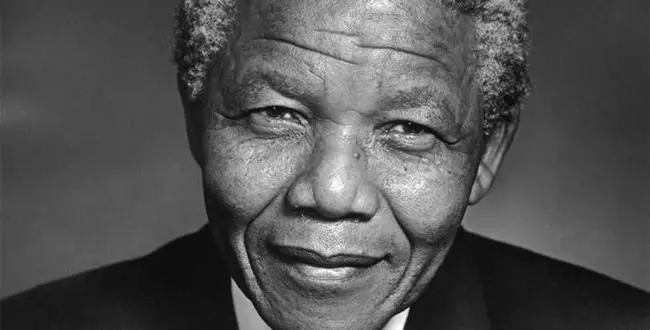Here in Britain, it is right that we should celebrate Mandela and the impact of his work, the reverberations of which continue to be felt across the globe. But we should also take the time this week to step back and reflect on how far we as a society have to go on the road to equality.
In the UK education sector, there has been increasing pressure on higher education institutions to reveal their admissions data in order to discern how many members of minority groups or individuals of lower socio-economic status they accept. Many Russell Group universities are failing to show a student population which is truly representative of British society, with many of their offers going to individuals from disproportionately white and middle-class backgrounds. It is clear that the top universities must do more to accept a diverse pool of applicants, and we should also be looking to encourage more members of minority groups to apply in the first instance.
Yet, whilst internal scrutiny is necessary, we also need to set our sights outside the university walls. While we project our ire onto the failings of the institutions themselves, we turn our backs on the structural components which render a hostile environment for potential BAME and working-class applicants before they have even created a UCAS account.
Research published this week by the Centre for Literacy in Primary Education found that only 1% of characters in children’s books published in the UK in 2017 had a BAME main character. To put this into context, the Department for Education identified 32.1% of schoolchildren of minority ethnic origins in England last year. This is just one example of how underrepresentation manifests itself in ways that many of us have never had to consider. How can we expect members of minority groups to aim for the top positions when even the simple pleasure of reading a book offers an image of a world in which they are not included? This is a case of inequality dripping down through the very fabric of our society until even the finest threads are soaked.
Whilst universities need to take a more proactive approach to diversity in their admissions, this isn’t just a matter of nudging them to accept more BAME applicants, or of contacting every person who achieved AAA at A-Level to convince them to apply to Oxbridge, as David Lammy, Labour MP for Tottenham, has suggested. As a society we need to identify the nuts and bolts of social cohesion and tighten them, or where they are simply failing to work, replace them with something better.
Mandela spoke of an influential Southern African ethical tenet, Ubuntu, which is a Ngnuni Bantu term meaning ‘a person is a person through other persons’ or ‘I am because we are’. We can honour this notion this week, on the 100th anniversary of Mandela’s birth, by reflecting on how we as individuals, and collectively as a society, can contribute to positive change on a level that extends way beyond the gates of our dreaming spires.




